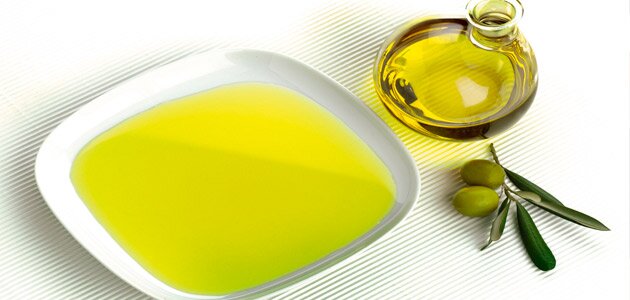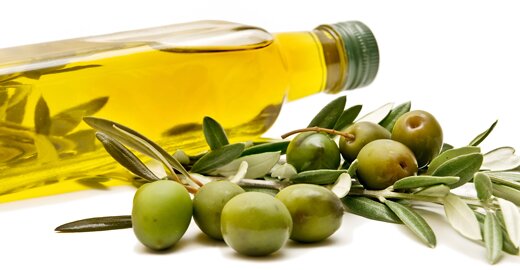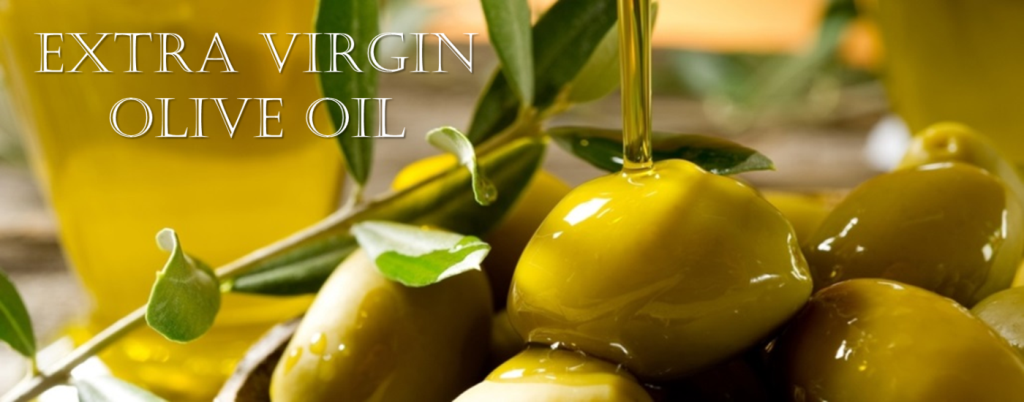
image: http://running.competitor.com/files/2017/08/shutterstock_257285275-800×522.jpg
Coconut oil is a pantry staple among the clean eating, paleo and Bulletproof crowd and there are no shortage of online sources waxing poetic about its supposed health benefits. Increasingly, athletes have also become smitten with the tropical fat, believing it can trim the waistline and supercharge workouts. Yes, fat is back in and coconut oil’s stock has skyrocketed.
So when the American Heart Association (AHA) recently released a report on the role dietary fats play in cardiovascular health that included a small but decisive section encouraging people to lay off coconut oil for better heart health, feathers were ruffled. “Because coconut oil increases LDL cholesterol, a cause of cardiovascular disease, and has no known offsetting favorable effects, we advise against the use of coconut oil,” the report reads, in part.
For some, it was like declaring kale a nutritional villain and coconut oil boasters were quick to deem the scientists as stodgy crocks. But when you separate the science from the sales pitch, coconut oil’s awesome-for-you rap is largely overblown and not supported by good data.
Coconut oil is made by pressing the fat from the white flesh inside the giant nut. About 84 percent of the calories in the resulting oil hail from saturated fat. That makes coconut oil denser in saturated fat than most other oils and solid fats—14 percent of the calories in olive oil are saturated, whereas 63 percent of the calories in butter hail from saturated fats. Hence, why it has been historically demonized by many nutritionists and health organizations including the AHA.
Coconut oil raised LDL cholesterol, a so-called “bad” form of cholesterol, about as much as other oils high in saturated fat like beef, butter and palm oil in the existing research reviewed by the AHA for its advisory published in the journal Circulation. And that can be bad news for your ticker. But there is a catch. Coconut oil boosters rally behind studies suggesting it also raises levels of HDL cholesterol, a form of cholesterol deemed “good.” (Unlike LDL, HDL cholesterol is thought not to build up on artery walls and increase this risk for a heart attack or stroke). Research, however, is inconclusive as to the impact that coconut oil has on the total cholesterol-to-HDL ratio as well as blood triglyceride numbers, which can be more significant predictors of coronary woes than straight up HDL numbers. And many other factors including inflammation, arterial calcification and genetic mutations can also play a role in heart maladies.
“People are kidding themselves if they think that eating coconut oil alone is enough to improve their health,” says sports dietitian and Ironman competitor Marni Sumbal. “The research we have still suggests that we should not be using coconut oil as a substitute for other high-fat foods like olive oil, avocado, and nuts that have more proven health benefits.”
Researchers at Harvard reported that replacing 5 percent of the saturated fat calories in a diet with polyunsaturated and monounsaturated calories can slash heart disease risk by 25 and 15 percent respectively. Now to be fair, that also includes other forms of saturated fat found in items like meat and dairy, and replacing saturated fat with processed carbs like white bread and sugar brings about no improved health measures.
Read more at http://running.competitor.com/2017/08/nutrition/coconut-oil-athletes-overrated_167186#6IJvDS5DwQ2OLpZl.99
[ssba]




































